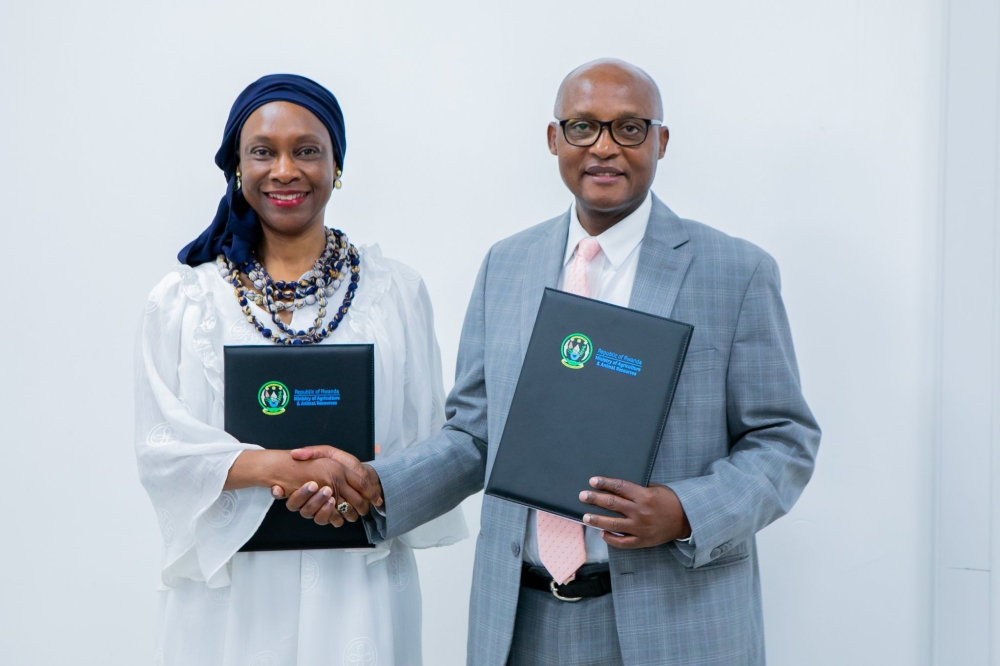Recently I had a chat with a Ugandan friend, Steven Asiimwe, a regular blogger and a contributing writer in various news papers in Uganda.


Recently I had a chat with a Ugandan friend, Steven Asiimwe, a regular blogger and a contributing writer in various news papers in Uganda.One of Steven regular fixtures on his blog is the "who next”, a weekly column he uses to express his dissatisfaction to anything or anybody that might have annoyed him that week. Taking a leaf from Steven’s column, here’s a rant of my own directed to the level of quality of published research in the global procurement community.I think that most of the research being conducted these days is pretty poor and that is putting it mildly. Having read numerous reports by academics, consultants and independent analysts, my assessment is that most serves chief procurement officers and the cause of procurement development rather badly. There are various reasons for this, in my view, and they vary according to which providers you are looking at. Let’s start with the academics. Unlike some procurement practitioners, I happen to think that intellectually and methodologically rigorous research has its part to play in this profession. Indeed, business academics at their best make sense of the corporate world in a way that nobody else can. The trouble is that there aren’t many really top-notch academics specializing in procurement I have gone through numerous questions as to why I am doing it. In most cases, what they end up producing from a research standpoint is either of little practical interest to those outside the academic community or it’s the sort of basic survey that the big consultancies get their most junior employees to knock out in a fraction of the time that academics take. (Why it takes six months-plus to publish a short report with the findings of a simple consultancy like tracer etc, such that it’s already out of date. I don’t know! Perhaps it is my procurement mentality, but to me when it comes to fast-changing issues, timeliness is everything) But if academics are guilty of being slow and inwardly focused, management consultancies are often just downright sloppy. Badly designed questionnaires, unclear objectives, unfathomable charts and a failure to display even the most basic grasp of statistics (eg, the difference between a percentage increase and a percentage point increase) are just some of the common failings I have observed in recent years. Add to that a "me too” research agenda and a reluctance to scratch much below the surface of the companies (read: existing or would-be clients) surveyed ‘at least publicly ‘ and much of what the consultancies produce today adds little to our knowledge and understanding of procurement issues. While I don’t doubt that there are some highly capable and experienced people working for these, in general I find their reports too narrowly focused on process and/or technology, and in some cases blatantly swayed in their terms of reference by the business goals of their sponsors (the same criticism also applies to much of the research commissioned by software vendors and other service providers). And let’s face it: there aren’t that many analyst or research houses specializing in procurement, so there’s a dearth of quantity as well as quality.Despite these failings, the need for data and intelligence in procurement, along with the skills to analyze and translate it into meaningful strategy and decision-making, is growing rapidly especially in Rwanda. Whether it’s information about industries, supply markets and categories, investigations of current good practice or more forward-looking assessments of where the profession is headed, Chief procurement officers need the research base in all its forms to support them with high-quality, practical and timely insights. My contention is that, at present and in most cases, we are poorly served by consultants. Consultancy firms/bureau and individuals need to rectify the practice.




